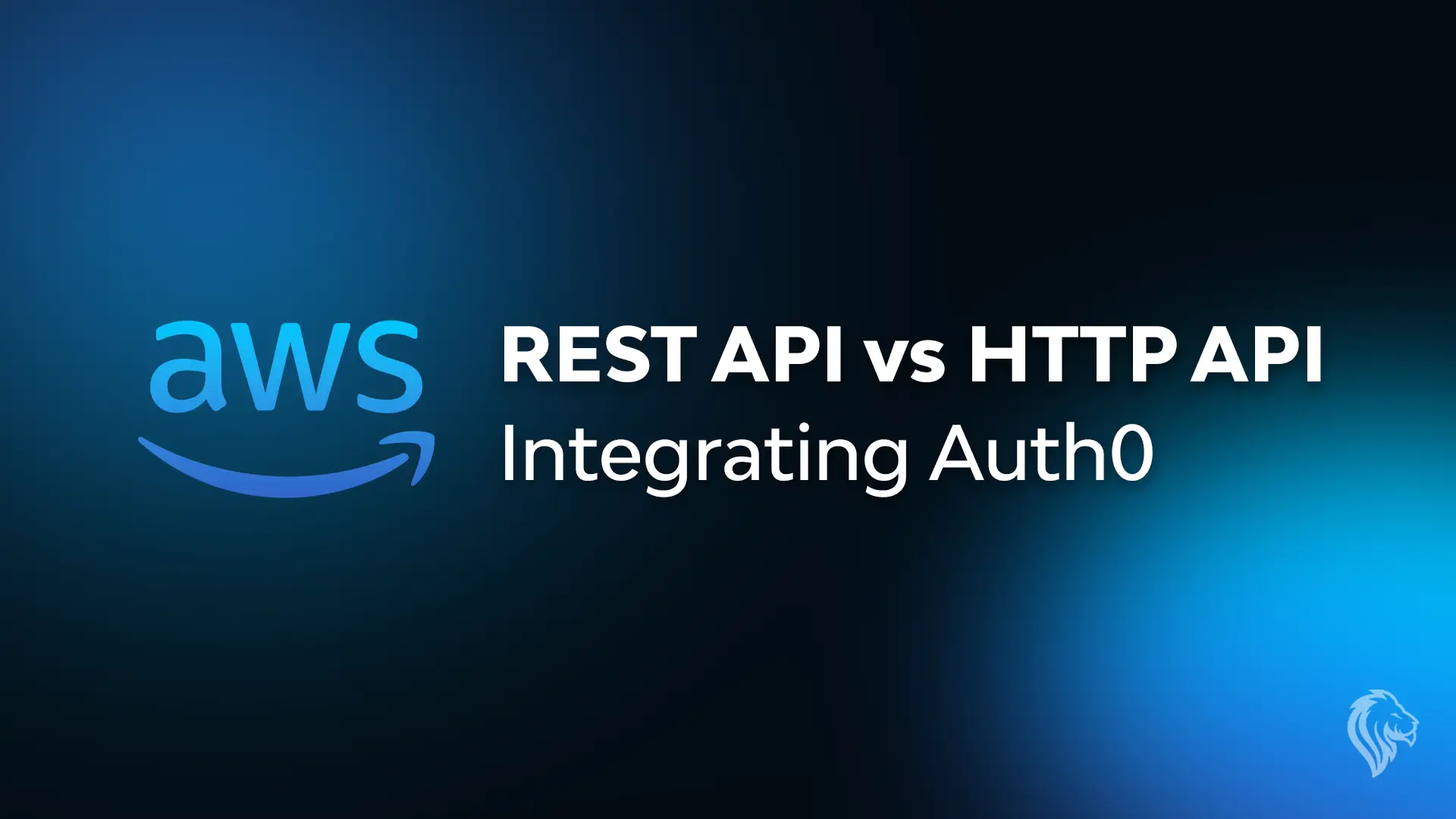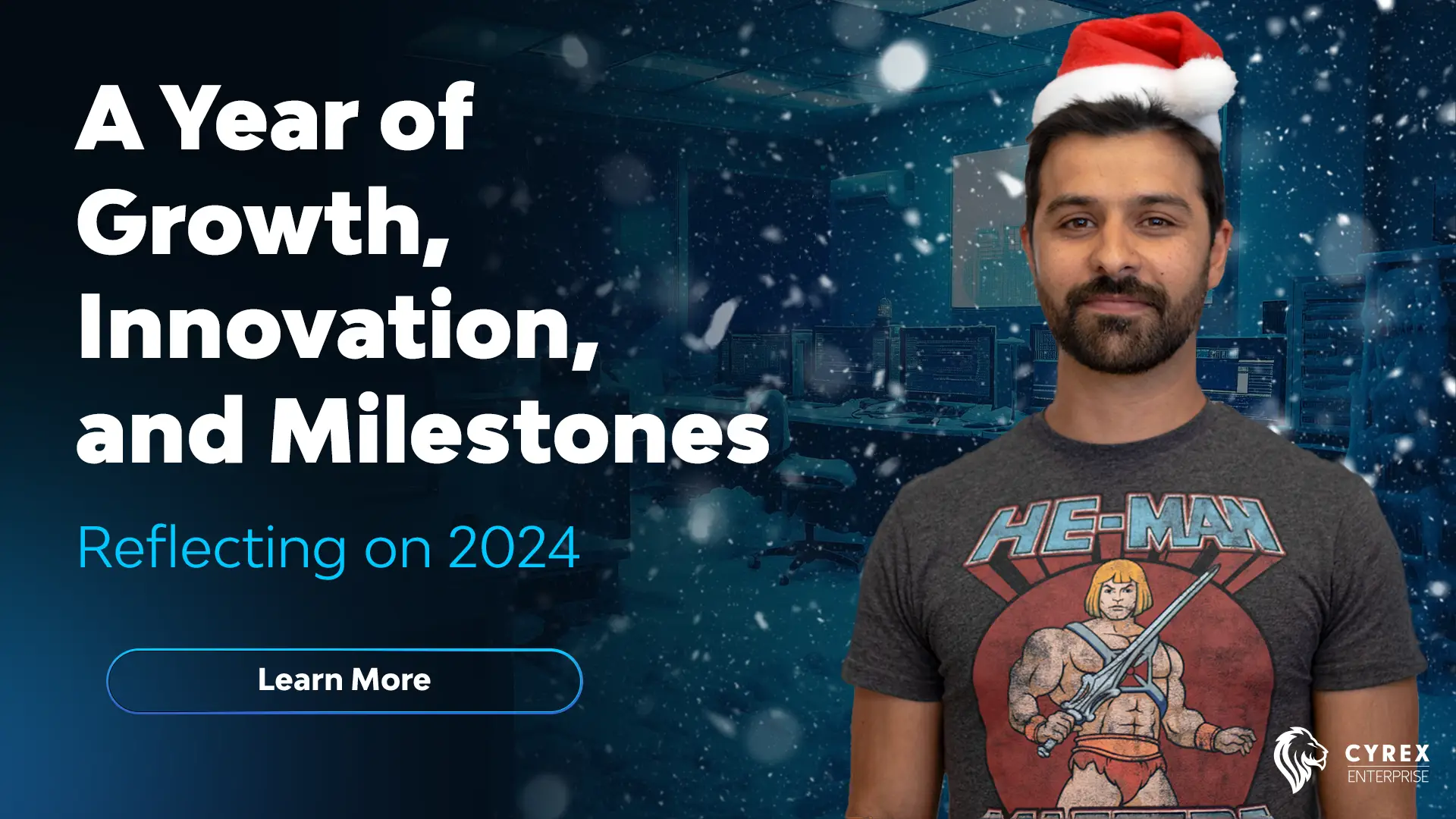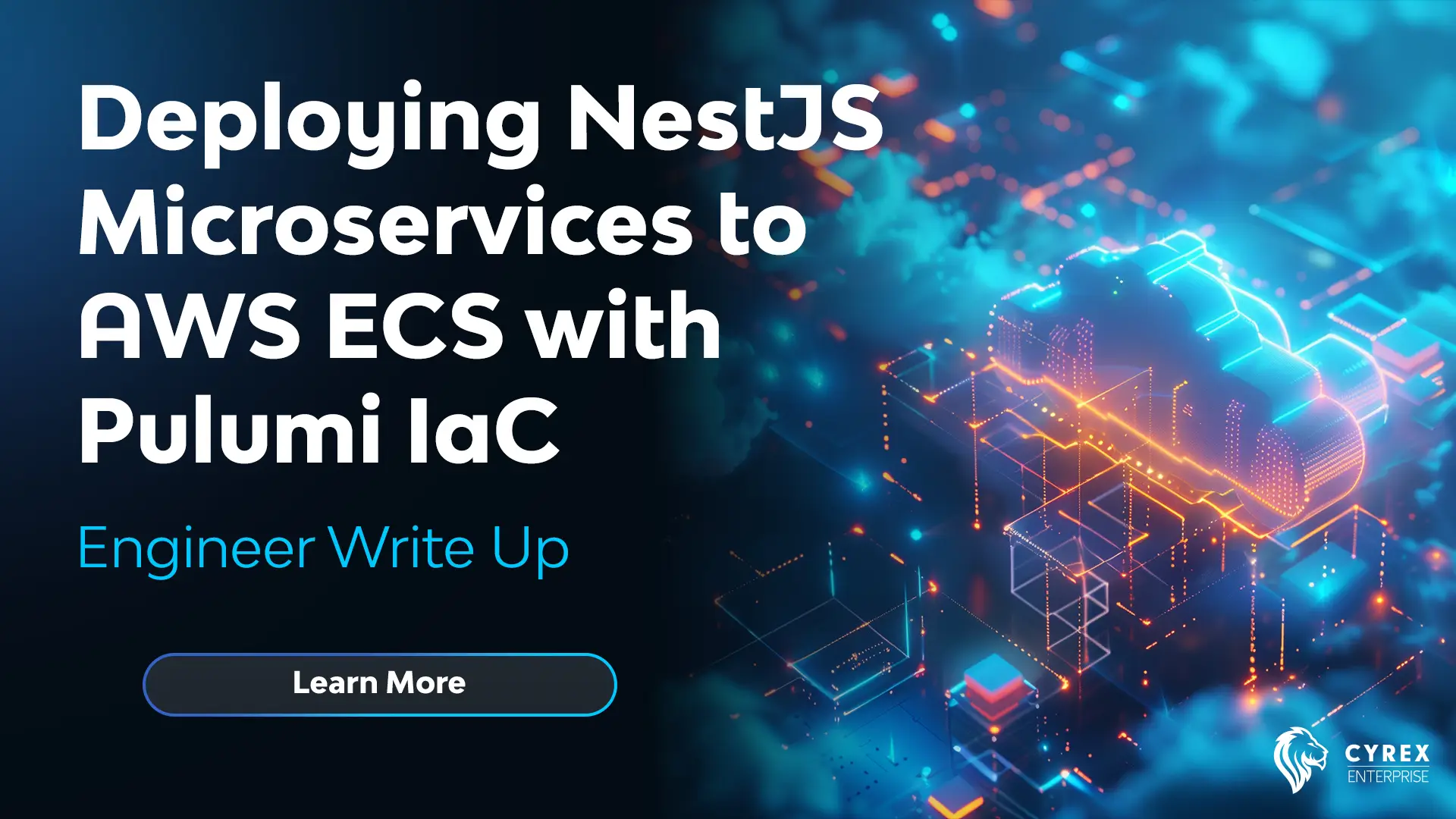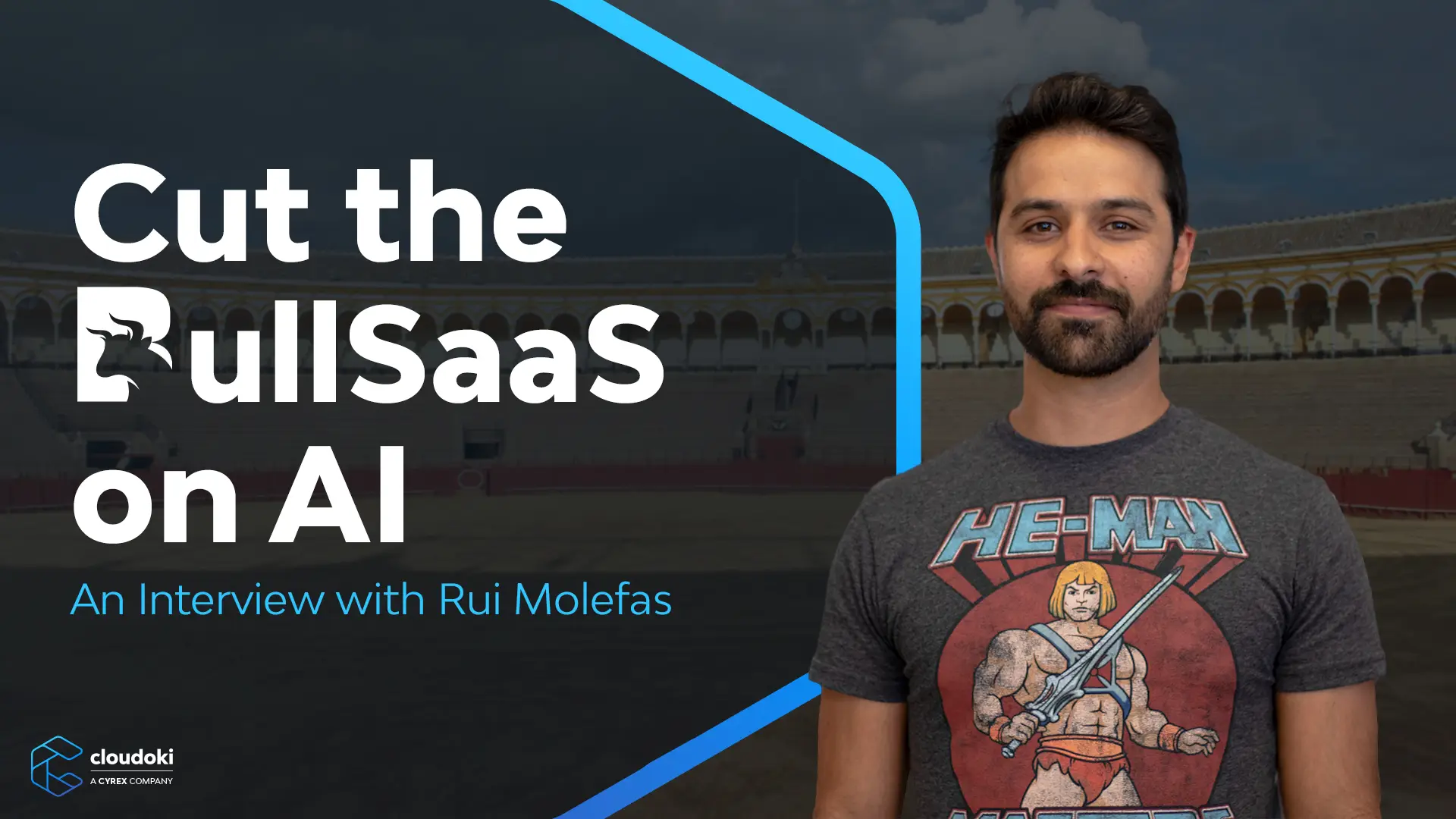Introduction – Cut the BullSaaS on AI
No better conversation to eavesdrop than this one as we delve into the realm of AI integration. We interview Rui and explore the immense potential of AI into various products. We’ll discuss the challenges, opportunities, and the transformative impact AI can have on businesses. From understanding data interpretation to the future of AI integration, Rui shares valuable insights on this rapidly evolving landscape – It’s time to cut the bullSaas on AI and find out what really matters.
The Interview
Rui, I want to start this interview with this video I found online regarding these well-known entrepreneurs who all had successful marketing agencies. Recently, they changed their strategy by closing the agencies and moving to SaaS companies but specifically no code SaaS companies. Is this a good move? Will it be a new trend?
“Well the whole concept of this no-code is nothing new, it just changes within the industry right? This automates a lot of things instead of just doing code so at the end of the day, the process of creating with no code is a lot faster, but you lose out on flexibility and how adaptable your product can be. Let me give you a good example: WordPress. This is a very good no-code solution. What it does is basically anyone that has absolutely no idea about coding can build their own website. That’s the no-code solution. The problem is if you want to create something very specific, integrate with a specific service, whatever, you’re basically screwed because you can’t have it both ways. Also, something that’s very important for us is scalability, speed, clean code, etc. You’re not gonna have those with these types of solutions. It’s very fast to develop, but not the best for scalability and reaching some long-term goals. We’ll see a lot of this for sure in multiple industries and I reckon AI will have a part to play in that also.”
AI is becoming huge, isn’t it? It’s just after taking over!
“Huge! I don’t think a lot of people understand. I see people looking at this on one hand, like futuristic, AI taking us to the stars, or killing us. All of these sci-fi scenarios, .. but I’m actually more focused on the things people do not pick up (because they’re not in a tech environment) which is the amount of possibilities that are going to have to happen in terms of AI integration. AI isn’t just going to look at your product and think “Yup, I’m gonna use this”. It needs to understand what it is so you need to integrate with it. We’ve been working on integrations for the last decade and I thoroughly believe that in the next 2-3 years, 90% of companies with tech products are going to have to rethink their products to allow AI to work with them. While everybody is focusing on the awesome things and possibilities, on the ground level, AI integration is going to be a massive change but a huge opportunity for us because we’ve been doing this for the last ten years.
So this AI integration is like onboarding AI to your product?
“Yeah, exactly. So, AI, just like us humans, reads data and interprets data, and analyzes it. They just look at a very big pool of data, get it, understand it, and then you can talk to it and it’s going to react on that. Your products have databases and an insane amount of data that is structured in a very specific way that only works for your product. Ultimately, AI is going to have to be plugged into that. It’s going to have to be taught how that works. It’s going to have to be onboarded into what your application is about, what your databases are, what your data structure is, and what each of those things actually means before you can actually ask it to tell you something about your data.
And how big can this be?
“I’m pretty sure that before the end of the year, 100% you’ll see a middleware product that does exactly this. I will bite my tongue if it doesn’t. As some industries start to adopt this, they’re going to get a significant advantage and everybody else is going to have to catch up. Eventually, it’s going to start this new wave of progress, and this, in turn, will give us completely new products that couldn’t have existed before this.”
There is one word that popped up for me there that I’d like us to talk about, which is “middleware”. We’re already seeing this integration exponentially improve gameplay, game porting, graphics, and more with the likes of Unity and Unreal Engine 5. Is this path of improvement going to be similar to AI?
“Somebody had to have input there, right? In regards to AI, it’s very smart to analyze data, but it’s not very smart to interpret data on its own. It’s not like a baby with its eyes open just learning and learning because AI doesn’t learn autonomously yet, you gotta manually open AI’s eyes and show what it needs to learn. This is going to be a huge shift welcoming a whole lot of new work which is going to be cool!”
For SaaS companies and their products created before the AI “era”, is it better for them to tweak their product to allow integration to happen or just scrap the code altogether and make a new product that can seamlessly integrate with AI and then proceed with this product instead?
“I think it’s gonna be a mix of both, each product has its own thing but I know 90% of the products made out there are not made to last, especially those that are not made in a smart and scalable way. I don’t think it’s just zeros and ones, I believe it’s gotta be somewhere in the middle. As time goes on, the integration will get easier, but there’s always going to be a need for this manual integration. I can’t see products already made to be ready for a simple plug ‘n’ play with AI. It’s even difficult for humans to understand other humans’ work, so you can understand how difficult it must be for AI to do the same since they can’t even interpret all data structures automatically yet. ”
I feel like as time moves on, the pace of growth in AI just gets quicker and quicker, with all of these infrastructures put in place and teams building on top of it, and so on, it feels impossible to keep up with it!
“I have a whole list of different feeds and I don’t give up on a daily basis, but I still get overwhelmed every day as I just can’t keep up with everything. I believe that the trick is going to be not to try and keep up with everything but be aware of the major moves. Ultimately I believe two things are going to happen. We’re still going up in terms of hype but it’s eventually going to go down because all of these things that are popping up now are getting less and less novel and impactful. With this wave of declining enthusiasm, a lot of the interesting projects are going to stabilise and have time to focus on specific solutions and have time to hone in on it. This is going to be a period where the monetary value of AI companies gets filtered then we’ll see what will remain. Similarly to the wave of blockchain companies, most of the biggest blockchain companies and disruptive solutions happened well after the initial boom. I can see this is going to happen with AI and I can’t wait.”
Related Articles

Cloud Cost Optimization: Quick Wins to Slash Unnecessary Spending
Discover quick wins for cloud cost optimization! Learn how to cut unnecessary spending, ri...
Read more
AWS – REST API vs HTTP API – Integrating Auth0
Explore the differences between REST API and HTTP API in AWS and how built-in JWT authenti...
Read more
Reflecting on 2024: A Year of Growth, Innovation, and Milestones
Reflect on 2024 with Cyrex Enterprise! Discover our achievements in software development, ...
Read more
Deploying NestJS Microservices to AWS ECS with Pulumi IaC
Let’s see how we can deploy NestJS microservices with multiple environments to ECS using...
Read more


